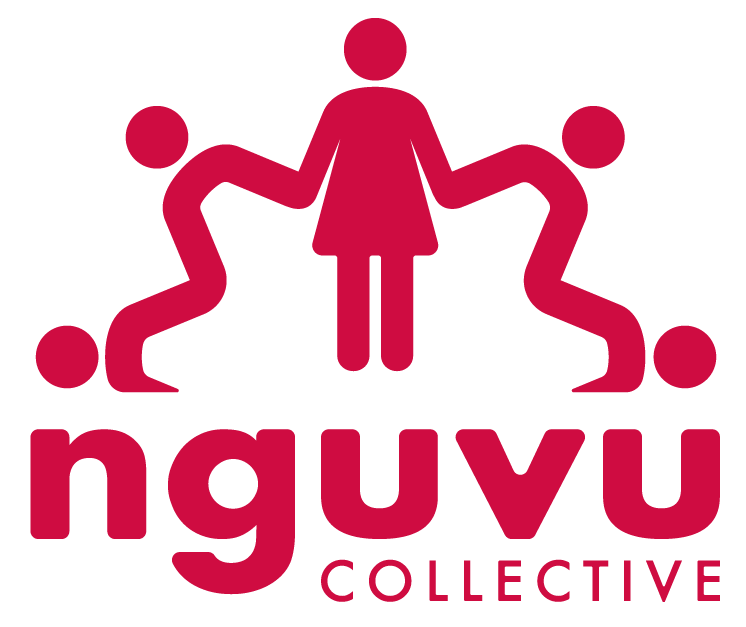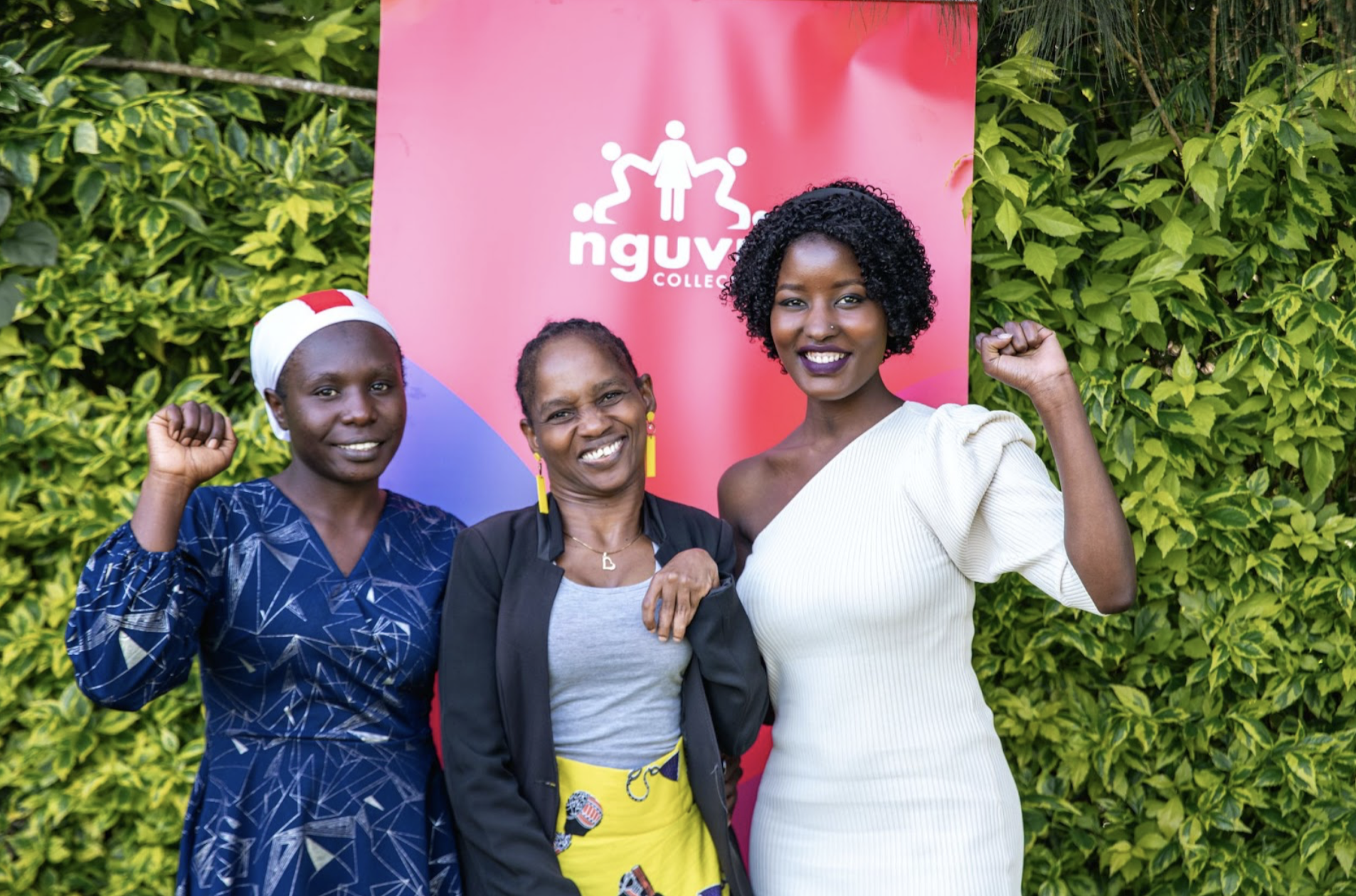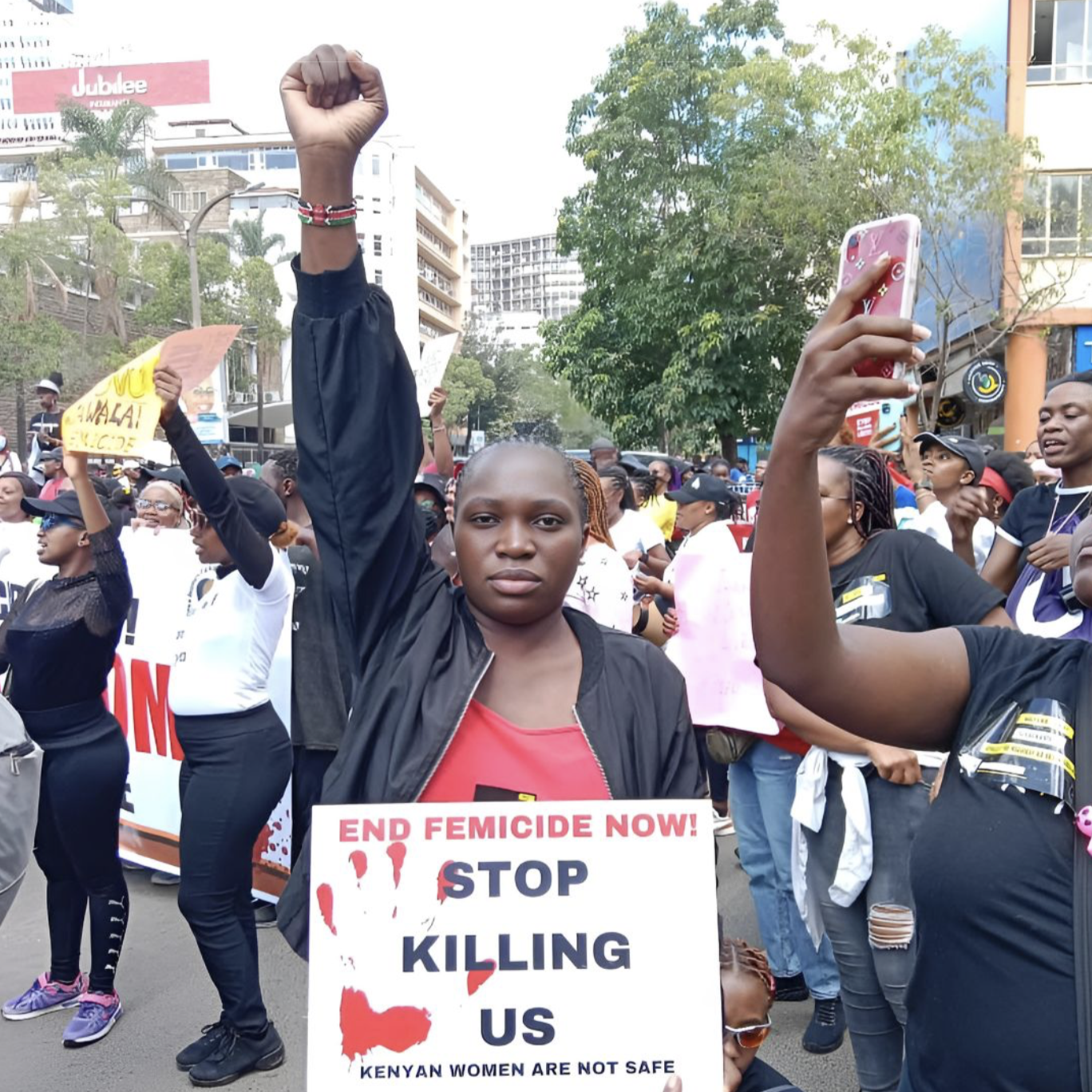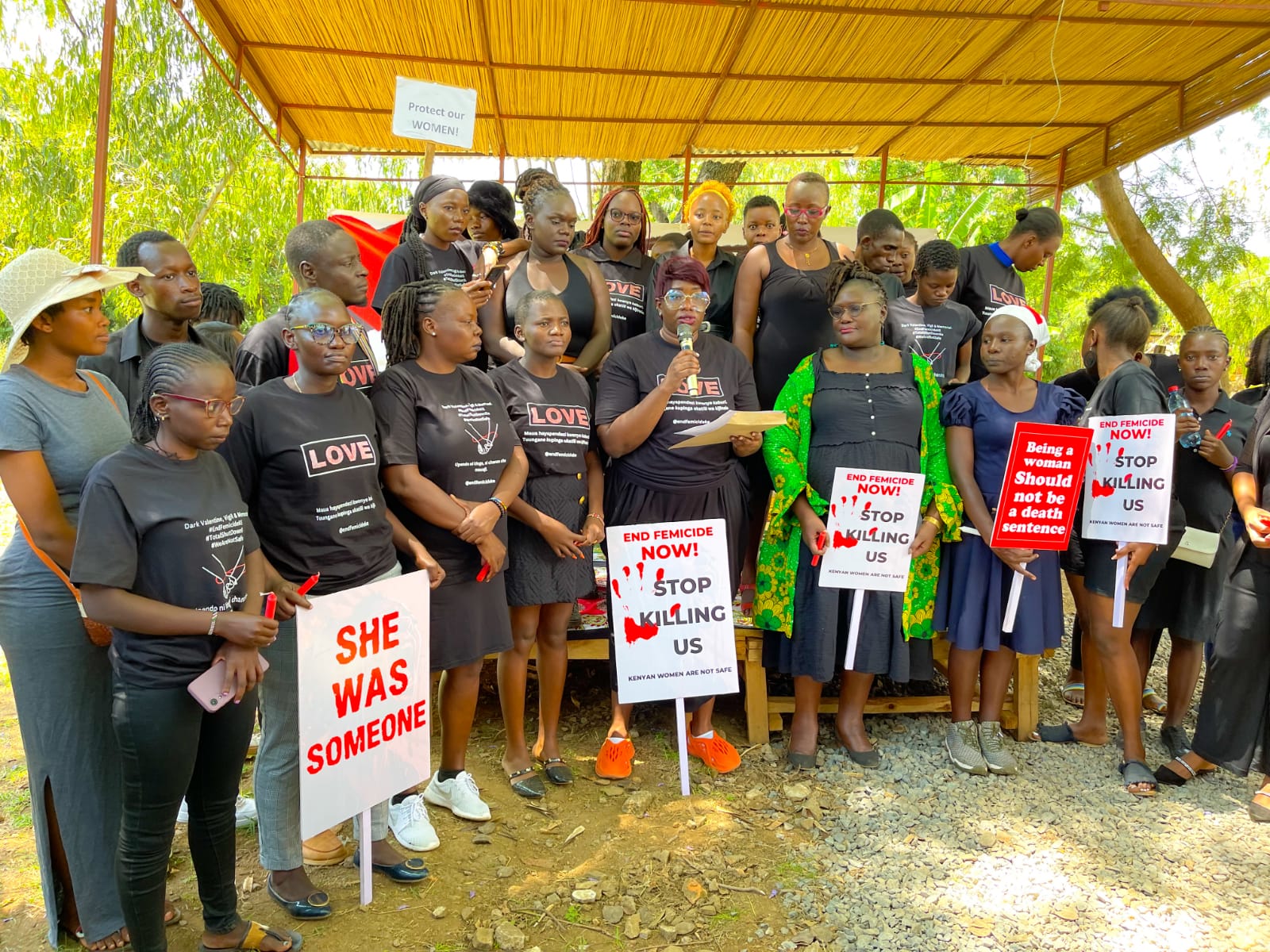
In response to a spate of femicide reports in January 2024, Kenyan women came together to protest the gender-based violence the country was witnessing. A movement that began in 2019 as TotalShutdownKE was revived and Nguvu change leaders found a space within this movement to contribute and work towards their shared goals. One of our change leaders, Josephine Mwende, was already a part of the #TotalShutdownKE movement. She suggested that all those attending the march could self-organise to meet on the ground, since many change leaders had never met face-to-face before.
Several change leaders confirmed their support and attendance. Partnership Specialist in Kenya, Ajra Mohamed, then created a WhatsApp group (NguvuAgainstFemicide) and added the nine change leaders who had confirmed their attendance: Josephine Mwende, Deborah Monari, Valerie Aura Oluoch, Harriet Afandi, Mical Imbukwa, Claris Oyunga, Dambalash Ermiyas Males, Sylvia Awinja and Kerry Mwita.
The WhatsApp group became a hub for free-flowing communication. There was agreement across the change leaders that the majority of demands in the statement resonated with the work that most of the change leaders had been steering around Sexual and Gender-based Violence (SGBV), better policies, expedited legal frameworks, processes and justice, and protect women in Kenya.
Claris, Josephine, and Valerie who were able to attend the Nairobi march shared photos from the event on the group. At the march, they shared their experiences with the media, speaking publicly to the Kenyan officials on the urgency of addressing SGBV and femicide.
After the march, Ajra became part of the comms, legal and policy, advocacy and regional planning group for Mombasa. She then lobbied for more Nguvu change leaders to be added to the regional and national movement groups.
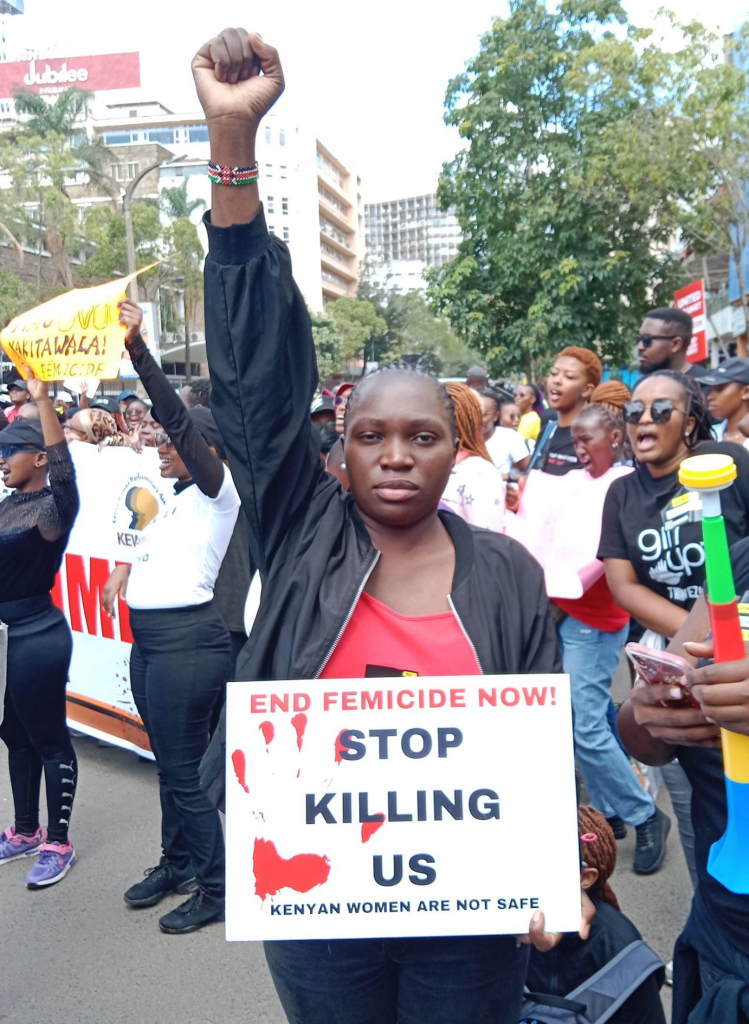
The NguvuAgainstFemicide group continued to remain active as the change leaders discussed their ideas and updates from the movement groups with each other. They also discussed how they could add value to the movement by pushing the government to action some of the demands in the Movement’s collective statement.
The movement has seen several big milestones and impacts. One of the biggest shifts is that femicide is now being spoken about in the corridors of power.
The majority of women political leaders have spoken up about the issue and publicly announced that they stand with the activists within the movement. Senators Crystal Asige and Gloria Orwoba have proposed that discussions around interventions against femicide and GBV should be made regularly in the Kenyan Parliament and the Senate.
The Directorate of Criminal Investigations (DCI) has announced a femicide hotline and formed a special team to investigate femicide reports and cases.
The Office of the Chief Justice has expedited the rollout of Trauma-informed SGBV Courts.
To keep following this movement, you can access the social media pages that have been created for the #EndFemicideKe: Twitter | Instagram | Facebook. Find more updates here.
